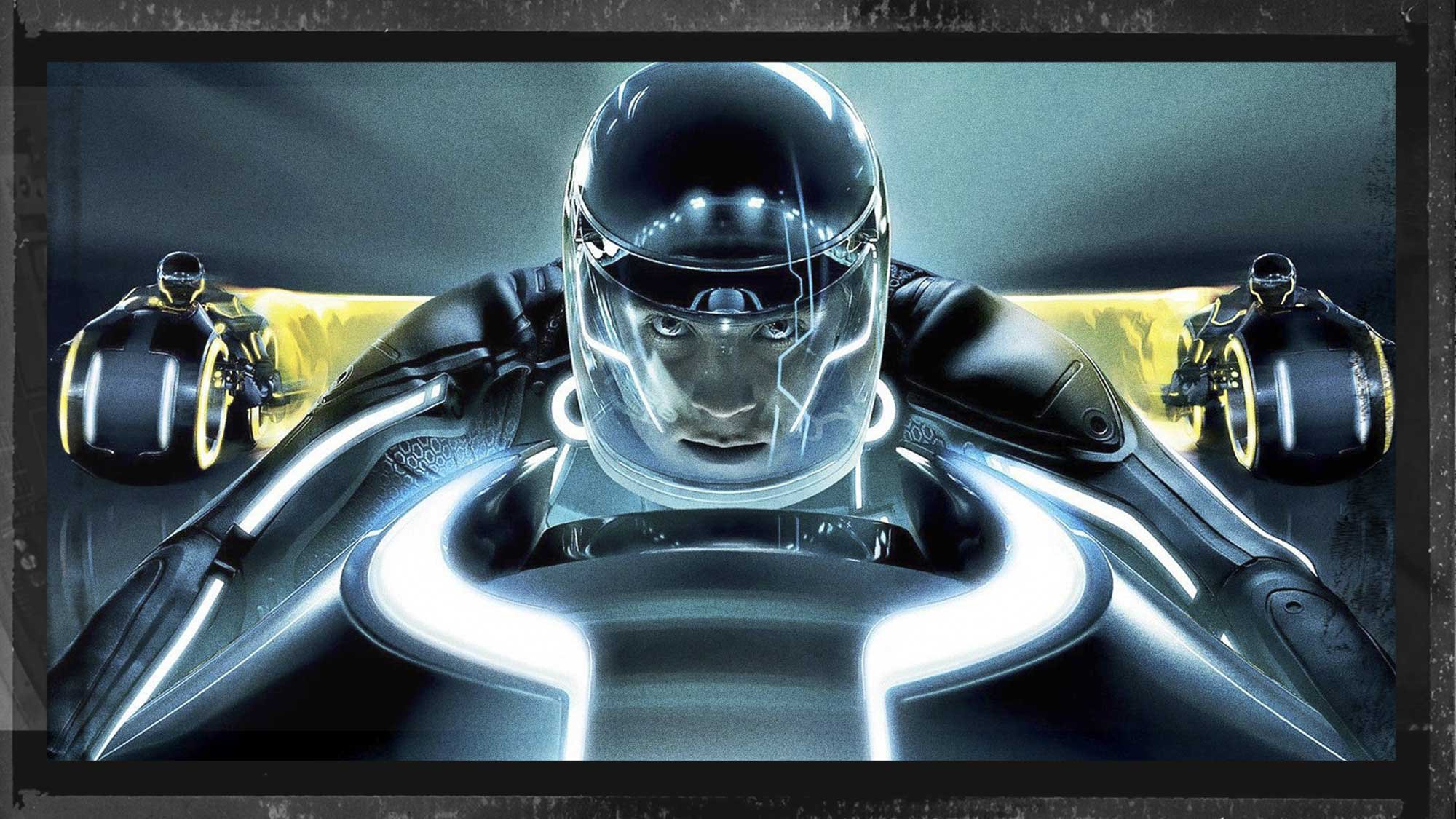Your script – and career – need a destination
How to turn a vague idea into a concrete story
By Ian Masters
My teenage friends and I dreamed about driving across the Sahara. We’d read articles about the Paris-Dakar rally, or (mis)adventures on Overland trucks from Cairo to Cape Town. We chatted about routes, looked at maps, considered the hypothetical and highly-specced vehicles that we would deploy on our grand expedition - but it was all a vague pipe dream until we found a concrete reason why we should go.
Through a connection, we learned that a clinic in a village in Guinea Bissau had lost a consignment of medical supplies. We now had a reason to go on the journey. It gave us both our goal and our destination.
We bought half a tonne of medical supplies, an Ex-MOD Landie, a Bugs Bunny for the dashboard, six weeks’ supplies of Rich Tea biscuits – and off we went.
From the moment we drove off the ferry in Tangiers, it was a disaster. But despite being locked up in a customs compound, having an incident with a dentist in Casablanca, and tootling across the border of Western Sahara into an actual minefield, somehow we reached our destination, and – in a different way than we’d planned – delivered the supplies to the medical clinic.
As a writer, you need to know why you’re writing a script – not just the internal thematic rationale, but also where it places you in the market.
But I am in no doubt, without that specific end goal, we’d have abandoned the expedition at the first hurdle.
It was the specificity of that end goal which turned our vague idea into a concrete plan.
It gave us the “why” for the journey. It gave us a compass to navigate each choice and setback and a yardstick to measure whether we’d succeeded.
Over the past few weeks, my writing partner Jon Smith and I have been thinking about which idea to develop and write for our next spec screenplay.
Our earlier projects focused on interesting worlds or ideas, but were let down because the characters had unspecific goals and meandered through the plot looking for the exit – which more often than not was an unclear destination. We’ve also wasted time on writing stories that in hindsight don’t fit our brand or strategy, or answer the question “why only we can write this?”
Now, we are determined to spend as much time thinking about the destination and goals for our scripts as a whole, in order to avoid them becoming more desk drawer-filler.
As a writer, you need to know why you’re writing a script – not just the internal thematic rationale, but also where it places you in the market, how it relates to your other projects, and where it might take you with a producer, director or agent.
The importance of knowing the destination and the end goal for your story, and career, is mission critical.
Ian Masters
Ian Masters is an award-winning scriptwriter who has worked across Africa and Asia for the past two decades. He is now based out of the UK with his writing partner, Jon Smith.
You can connect with Ian on LinkedIn, contact him through his agent or his website, and find out more about his work here.
Get killer articles in your inbox.
Subscribe to Screenwriting Intelligence.


